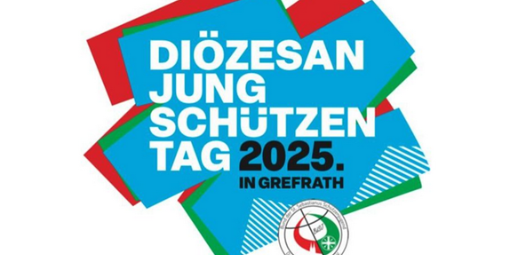The Influence of DJT on American Political Landscape

Introduction
Donald J. Trump (DJT) has become a central figure in American politics since his 2016 presidential campaign. His rise to power, characterized by unconventional strategies and robust public appeal, has not only transformed the Republican Party but has also reshaped the broader political discourse in the United States. Understanding DJT’s impact is crucial for analyzing current trends in politics, as well as predicting future developments ahead of the 2024 elections.
Trump’s Controversial Style and Policies
Trump’s tenure was marked by polarizing rhetoric and policies that sparked both fervent support and fierce opposition. His campaign slogan, “Make America Great Again,” resonated with a considerable segment of the population, particularly among those feeling left behind by globalization. Key focuses of his administration included tax reform, immigration restrictions, and an “America First” foreign policy. His unfiltered communication style, especially through social media, allowed him to bypass traditional media channels, enabling him to connect directly with millions of followers.
Post-Presidency Influence
Since leaving office in January 2021, DJT has maintained a strong influence over the Republican Party. His endorsements carry significant weight, shaping the outcomes of primary elections across the country, and he continues to be a favored voice among the party’s base. Amidst ongoing investigations and legal challenges, including cases relating to his business practices and the handling of classified documents, Trump’s narrative of political persecution has further energized his supporters. These dynamics complicate the political landscape as candidates navigate their relationships with him and his supporters ahead of the next presidential cycle.
Future Implications for American Politics
As the 2024 presidential election approaches, the significance of DJT’s influence cannot be understated. Current polls indicate that he remains a leading contender for the Republican nomination. His ability to mobilize grassroots movements and fundraise effectively poses challenges for potential opponents within the party. Furthermore, the increasing polarization within American society, fueled in part by Trump’s approach to governance and communication, suggests that the ramifications of his presidency will be felt for years to come.
Conclusion
DJT’s role in shaping American political dialogue has been immense and will likely continue to influence the political landscape in the years ahead. As the nation gears up for the next election cycle, understanding his legacy and the factors behind his sustained popularity will be critical for both supporters and critics alike. With divisions in public opinion growing, the future of American politics may very well hinge on how DJT’s narrative transforms or is challenged by new generations of political leaders.








